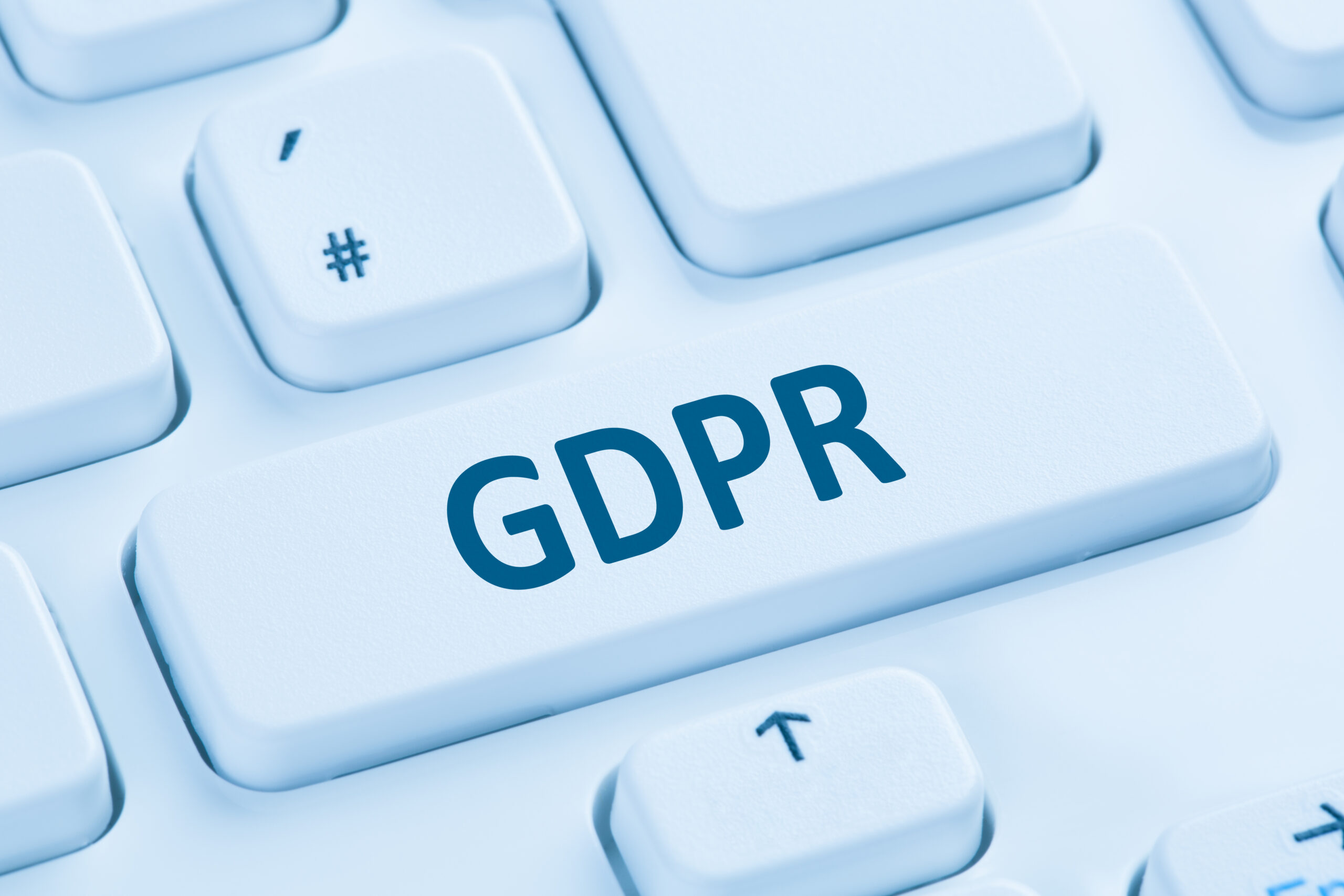Data Protection Officer (DPO)
We designed Advisori’s Outsourced Data Protection Officer (DPO) Service with our clients’ needs in mind. We have worked with organizations of all sizes, ranging from large international businesses to start-ups. We also have clients in the hospitality, pharmaceutical, manufacturing, technology, retail, and insurance industries – each with specialized needs. Our mission is to deliver high-quality, flexible, tailored, and cost-effective data protection and privacy services.

What does the GDPR Require?
A business governed by the General Data Protection Regulation (GDPR) is required to appoint a data protection officer (DPO) if it is:
(1) a public body (except for courts), or
(2) it uses data for the purpose of “regular and systematic monitoring” of people, or
(3) it processes sensitive personal data related to a person’s race, religion, ethnic origin, or other personal information such as genetic or biometric data.
If your business can be described by any of those statements, you must appoint a DPO as required by Articles 38 and 39 of the GDPR – a position that can be outsourced and virtual.
The Role of the Advisori DPO
Advisori Data Protection Officers have deep experience and expertise with building and maintaining data protection offices. We handle core DPO responsibilities such as monitoring compliance with the General Data Protection Regulation, local data protection laws, and other regulatory requirements. We conduct data protection impact assessments, facilitate awareness training for staff processing personal data, and act as a liaison between stakeholders and supervisory authorities. Furthermore, we assist our clients with ensuring that data subjects’ rights are upheld, providing a point of contact for individuals regarding privacy matters, like data subject access requests and other related inquiries.
The Advisori Difference
Our DPOs take the time to really understand our clients’ businesses and how they collect, process, share, and store personal data. Based on these factors, we develop and implement a privacy program tailored to the client’s needs. We then implement that strategy advising the business on data protection best practices, managing critical operational data protection activities (like data security assessments and audits), and providing employees with data protection education, training, and strategies.
Our experienced and credentialed virtual DPOs will:
Advise
- Advise on data protection best practices
- Advise on all relevant data protection laws including the GDPR
- Advise on the critical concept of “privacy by-design” on all new business processes and technologies
- Advise the business on its methods of data sharing and the development of data protection agreements (DPAs)
Monitor
- Monitor internal compliance with the GDPR
- Oversee and assist with data protection impact assessments (DPIAs) and privacy impact assessment (PIAs)
- Monitor and advise on Records of Processing Activities (ROPAs)
Represent
- Respond to data subjects request regarding the business’s collection, processing, and protection of personal information
- Fulfill all data subject access rights requests (DSARs)
- Liaison with all relevant data protection authorities regarding the business’s privacy practices, regulatory inquiries, an data subject complaints
Train
- Provide internal privacy trainings to management and staff

Advisori’s DPOs follow the General Data Protection Regulation’s (GDPR) key principles that organizations must adhere to when processing personal data. These principles are:
- Lawfulness, fairness, and transparency: Personal data must be processed lawfully, fairly, and in a transparent manner. Organizations must have a legal basis for processing personal data and must provide individuals with clear and concise information about how their data will be used.
- Purpose limitation: Personal data should only be collected for specified, explicit, and legitimate purposes. Organizations should not use the data for any other purposes that are incompatible with the original purpose of collection.
- Data minimization: Organizations should only collect and process personal data that is necessary for the intended purpose. They should avoid collecting excessive or irrelevant data and should ensure that the data is accurate and up to date.
- Accuracy: Personal data should be accurate and kept up to date. Organizations should take reasonable steps to ensure that inaccurate or incomplete data is rectified or erased.
- Storage limitation: Personal data should be kept in a form that allows identification of individuals for no longer than is necessary for the intended purpose. Organizations should establish retention periods and delete or anonymize data once it is no longer needed.
- Integrity and confidentiality: Personal data should be processed in a manner that ensures its security, including protection against unauthorized or unlawful processing, accidental loss, destruction, or damage. Organizations should implement appropriate technical and organizational measures to safeguard personal data.
- Accountability: Organizations are responsible for complying with the principles of the GDPR. They should be able to demonstrate their compliance by implementing appropriate policies, procedures, and documentation.
By following these principles, organizations can ensure that they are processing personal data in a lawful, fair, and transparent manner, while respecting the rights and privacy of individuals
Businesses rely on our full-service outsourced DPOs.
Our DPOs can serve as the face of a business’s data protection program by ensuring critical regulatory compliance and by demonstrating, to data protection authorities and to the public, that the business is serious about data protection and customer privacy.